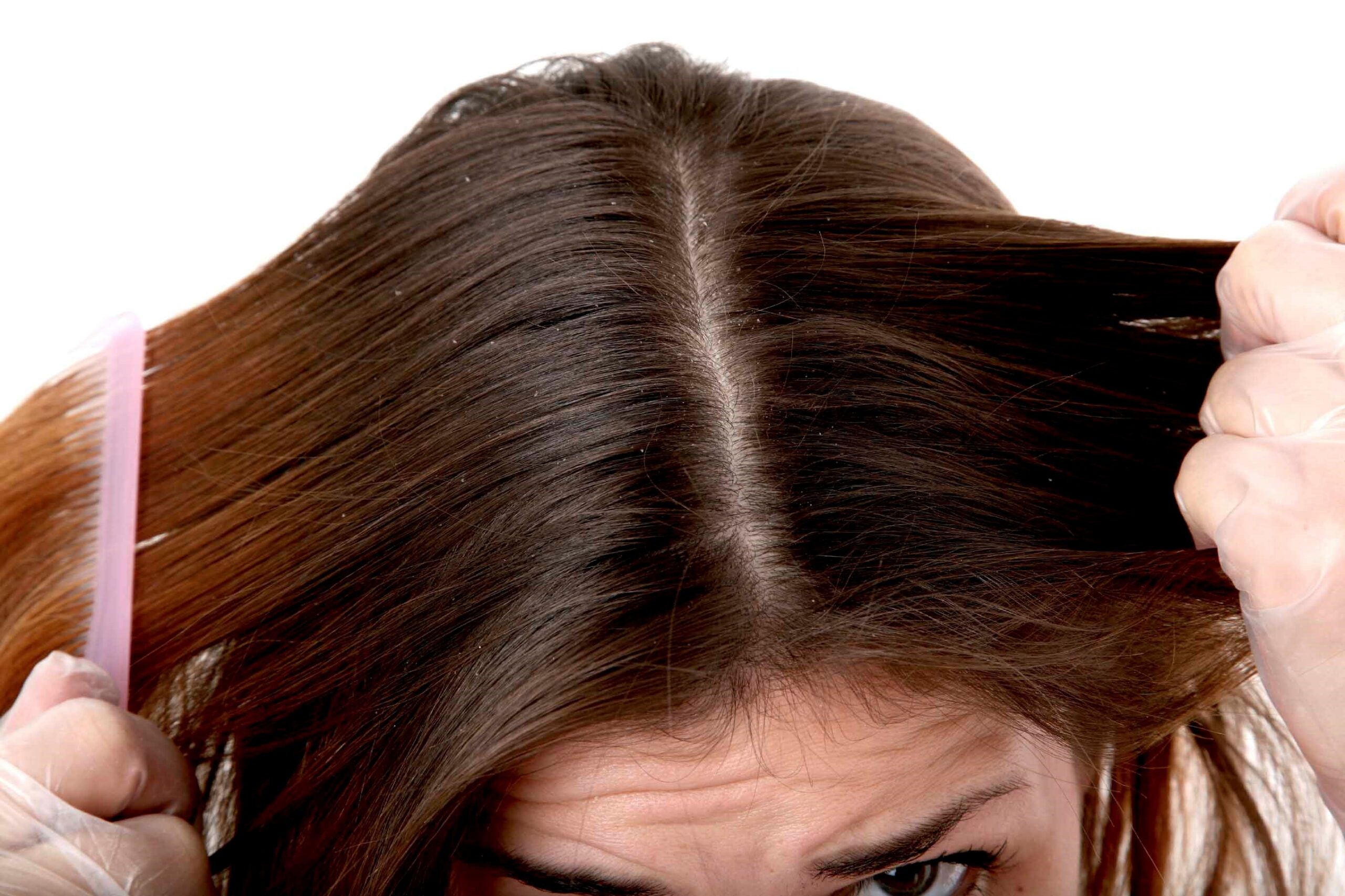
A conventional approach will lead you to believe that particles on your hair are dandruff, and that dandruff is induced by a dry scalp. So you uncork that pot of oil and treat your scalp with it. However, until you grasp the difference between dandruff and dry scalp, your misinterpretation could cause you more problems. You should be aware that dandruff and dry scalp are not the same things.
It can be humiliating to have dry, flaky skin or itching on your scalp, but it’s important to know that dandruff and dry scalp are not caused by poor cleanliness and are, in most circumstances, readily remedied.
Although they may appear to be the same on the scalp, dandruff and dry scalp are not the same. To identify the right treatment, it’s crucial to distinguish between the two disorders. A doctor or dermatologist can determine whether you have a dry scalp or dandruff and provide the best treatment options.
Dry Scalp
The term “dry scalp” refers to excessively dry skin on the scalp. A dry scalp, like dry skin on other regions of the body, is caused by a lack of moisture in the skin. The scalp does not become dry as frequently as other regions of the body due to the obvious abundant hair cover that protects it from drying circumstances. Furthermore, hair follicles create more sebum than other regions of the body, making it less likely that the scalp would get dry. Dry scalp is significantly less common than other disorders that cause itching and flaking, such as dandruff and psoriasis, because of the oil production in hair follicles. It is, nevertheless, frequently treatable at home.
Dandruff
The word “dandruff” is a combination of the words “dander” and “scurfy.” Skin cells discharged from animal fur are referred to as dander. Scurfy is a descriptive adjective that means scaly. Dandruff is a skin ailment that causes huge, scaly flakes to fall from the scalp.
Excessive oil production in the head is by far the most common cause of dandruff. This is frequently caused by seborrheic dermatitis, a skin disorder that causes oily, red, and scaly skin. Seborrheic dermatitis can occur anywhere there are oil glands. Cradle cap is a term used to describe a frequent disease that affects infants.
Usually, dandruff can be treated with over-the-counter shampoo. Make a consultation with a dermatologist if your flaking hasn’t decreased, is becoming worse, or the skin on your scalp looks red or swollen after using a dandruff treatment for at minimum a month. You could have another skin problem that needs to be addressed.
Treatments
Remedies for itchy Scalp:
Tea Tree Oil
Tea tree Oil might be massaged into your scalp, then left on for thirty minutes before rinsing. Tea tree oil is known for its antifungal and antibacterial effects, as well as its ability to reduce itching. You use it r this cure, make sure to obtain pure tea tree oil, not the kinds that have tea tree oil combined with other oils.
Apple cider vinegar
One of the most effective home cures is apple cider vinegar. It’s also rather easy to come by, as most of us keep it on hand in our kitchens. Whereas the filtered type from the shop can suffice, the hazy unfiltered variety is believed to be the best.
Coconut oil organic
Organic coconut oil is naturally derived from ripe coconuts. It possesses antibacterial characteristics due to the presence of lauric acid, a saturated fat. Lauric acid aids in the efficient absorption of coconut oil by the skin. As a result, it’s good therapy for itchy scalp.
Oil of peppermint
Peppermint oil may help to reduce dandruff and soothe the scalp, as well as relieve itching. Before washing, dilute it with another oil, such as olive oil, and massage it into your scalp. Peppermint tea could also be used as a rinse after shampooing.
Shampoo for dandruff isn’t for you.
Even if the irritation on the scalp isn’t caused by dandruff, there are some treatments catthatuse it. However, don’t just go for any clarifying shampoo; some may irritate your scalp even more.
The main thing to remember is that there are a few elements in a shampoo that you should seek if you have this condition.
Look for any of the medicated shampoos at your local pharmacy. You could also see an expert who will advise you on the best course of action. If you have a continual itch on your scalp but no flaking or dandruff, you should stop using SLS-containing shampoo and shower gel.
Remedies for Dandruff
Lemon with Coconut Oil
Coconut oil is claimed to nourish your hair, and when blended with a little lemon juice, it can help you get rid of dandruff. This is also a simple home remedy for getting rid of those pesky flakes that make you feel insecure. Follow these easy steps to get rid of dandruff for good.
Fenugreek Seeds
Fenugreek seeds are used as dandruff preventative. Fenugreek is supposed to help persons with low blood sugar and to increase testosterone as well as milk supply in moms. Fenugreek has several advantages, including lowering cholesterol and controlling hunger.
Neem Juice
Neem is an extremely effective dandruff treatment, and it’s one of the major constituents in most shampoos. The use of neem juice to your hair does not make it as untidy as applying curd to your hair.
Green Tea
Green tea is an antioxidant with antifungal effects that might help to restore the health of your scalp. All you need to do to get rid of dandruff is apply some cooled green tea to your scalp and see the difference.
Basil Leaves
Basil leaves are one of the many natural remedies for dandruff. This is due to the anti-inflammatory and antimicrobial qualities of these leaves, which might help you get rid of dandruff. These leaves can also aid in the growth and maintenance of a healthy scalp.
